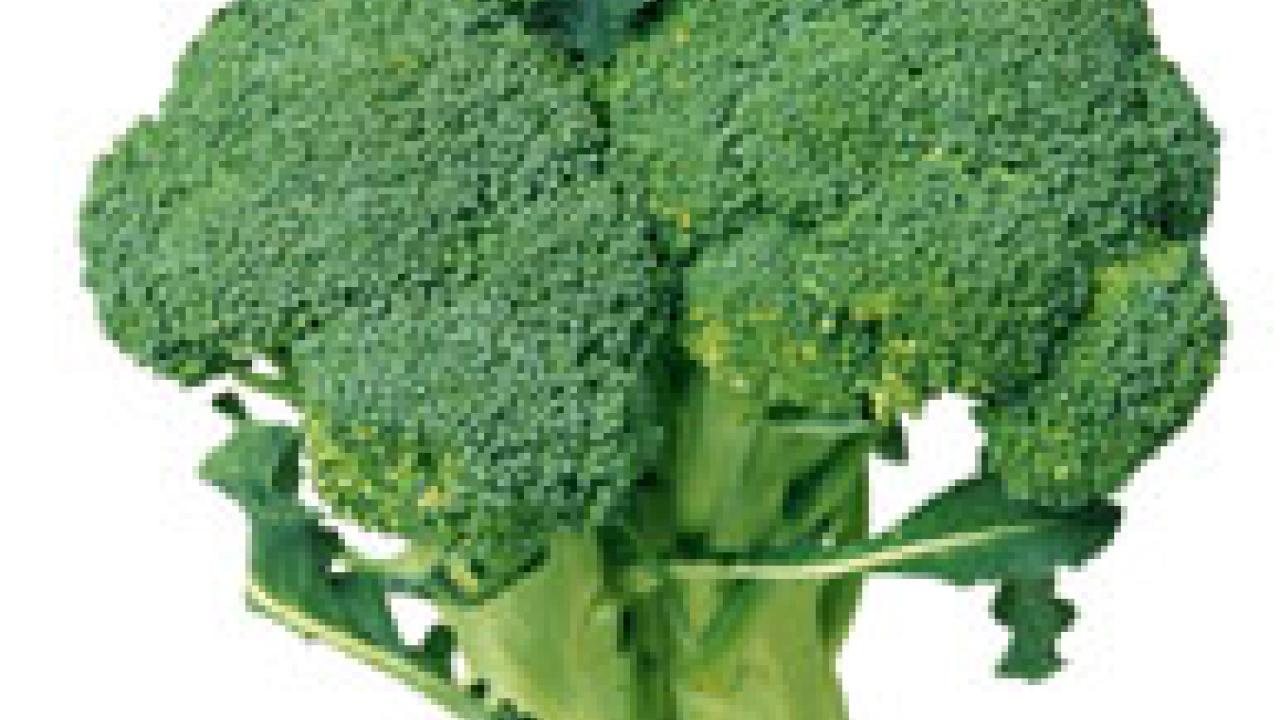Both organic and conventionally produced foods present consumers with trade-offs in terms of food safety and nutritional content, according to a food toxicologist at the University of California, Davis.
"While there is a growing body of research demonstrating the qualitative differences between organic and conventional foods, it is premature to conclude that either system of food production is superior to the other," says Carl Winter, director of UC Davis' FoodSafe Program. Winter's review of conventional and organic foods was published in the December issue of the Journal of Food Science.
The popularity of organic foods has been growing rapidly in the past two decades, with consumer sales of organic foods increasing by nearly 20 percent annually since 1990, reaching $13.8 billion in 2005, Winter notes.
Surveys indicate that many consumers think organically produced foods are more nutritious and healthful. One survey found that consumers also are choosing organic foods to avoid pesticide residues and genetically modified foods.
Winter's review notes that while organic fruits and vegetables have fewer pesticide residues, they do not necessarily carry less health risk. Research has shown that in some cases organic foods have higher levels of naturally occurring chemical compounds -- including both health-promoting antioxidants and naturally occurring toxins that might be of concern for human health.
In the area of microbial food safety, Winter points out that animal manure fertilizer -- used frequently in organic farming and, to a lesser extent, in conventional farming -- can pose an increased threat of microbiological contamination. He notes, however, that certified organic production standards provide specific requirements for composting animal manure aimed at preventing microbial contamination, while there are no such standards for conventional food production.
One comprehensive study indicated that certified organic fruits and vegetables did not pose a higher microbiological risk than conventionally produced food crops.
The review notes that there have been mixed findings in the area of microbial safety and animal-based foods. The review does report that the prohibition of antibiotic use in organic animal production seems to result in a lower incidence of resistance to antimicrobial drugs among organically raised animals than among animals raised conventionally.
This peer-reviewed paper was prepared as a Scientific Status Summary by the Institute of Food Technologists.
Media Resources
Pat Bailey, Research news (emphasis: agricultural and nutritional sciences, and veterinary medicine), 530-219-9640, pjbailey@ucdavis.edu
Carl Winter, Food Science and Technology, (530) 752-5448, ckwinter@ucdavis.edu
